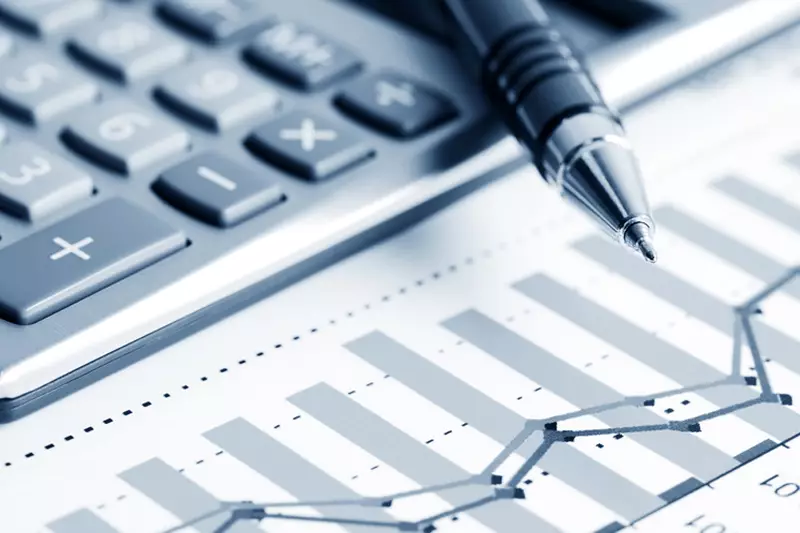Market Sentiments Shift as U.S. Presidential Election Approaches

As the U.S. presidential election looms closer, market dynamics are showing signs of heightened anxiety, particularly in the currency exchange sector. Indicators of volatility related to major currency pairs have surged, reflecting the apprehension of investors who anticipate significant implications for economic policies, with shifts in the value of the dollar being a primary concern.
Recent reports indicate that the week leading up to the election has witnessed euro-dollar volatility ascend to levels unseen since early 2023, coinciding with a previous banking crisis in the U.S. This dramatic uptick signals that traders are preparing for uncertain outcomes that may arise post-election. The euro-dollar connection, being one of the most traded pairs globally, serves as a thermometer for broader sentiment in the foreign exchange market.
Market Reactions to Political Uncertainty
A noteworthy pattern is emerging, whereby implied volatility for cross-currency options is becoming an essential tool for investors attempting to navigate the unpredictable waters of electoral outcomes. The frenetic pace at which these volatility levels are rising suggests that market participants are hedging against potential swings in currency value, particularly in the context of the upcoming November 5 election. The electoral race is presently characterized by a near tie between Republican frontrunner Donald Trump and Democratic candidate Kamala Harris, heightening the stakes even further.
Simultaneously, analysts at major banking institutions like Barclays have noted that this election’s binary outcome could lead to extreme foreign exchange fluctuations. Given the heightened focus on economic implications, traders are not only reacting to the election itself but are also focused on upcoming Federal Reserve meetings, further adding layers of complexity to their trading strategies.
The Impact of Betting Markets
Interestingly, betting markets have begun to significantly influence investor sentiment, showcasing a growing probability for a potential Trump win. Analysts suggest that should Trump manage to secure victory, there would likely be economic ramifications, such as increased tariffs and broader fiscal deficits. These changes have the potential to affect U.S. interest rates negatively, which could, in turn, elevate the dollar due to anticipated returns on currency.
The immediate response to this evolving scenario has been substantial. Data illustrates that the dollar index has recently climbed to levels not witnessed in three months, driven in part by a combination of robust U.S. economic data and the growing consensus around Trump’s electoral viability. Historical context emphasizes that market reactions during election periods can be particularly volatile; for instance, the pre-election period of 2016 saw elevated volatility metrics that amplified expectations even before results were known.
The upcoming U.S. presidential election is shaping up to be a pivotal moment for the currency markets, with increased volatility becoming the norm as investors brace for potential outcomes. Both historical patterns and current data suggest that the ramifications of this election could reverberate through the economic landscape for months to come. Traders will remain vigilant, closely monitoring political signals and adjusting their strategies accordingly to mitigate risks and capitalize on any potential market swings arising from this high-stakes electoral contest.





